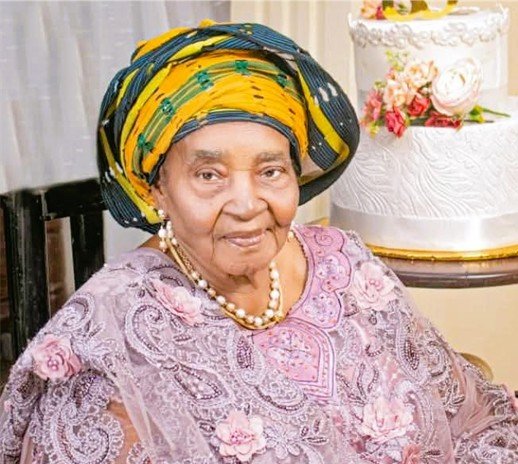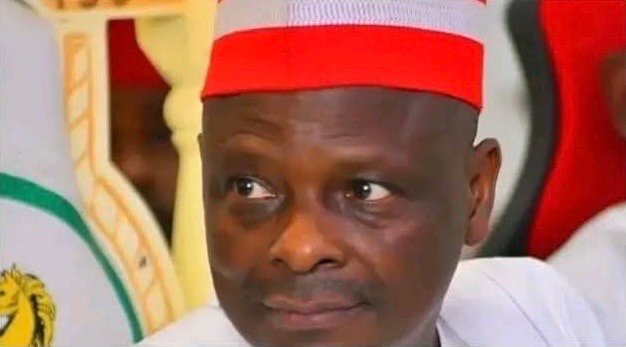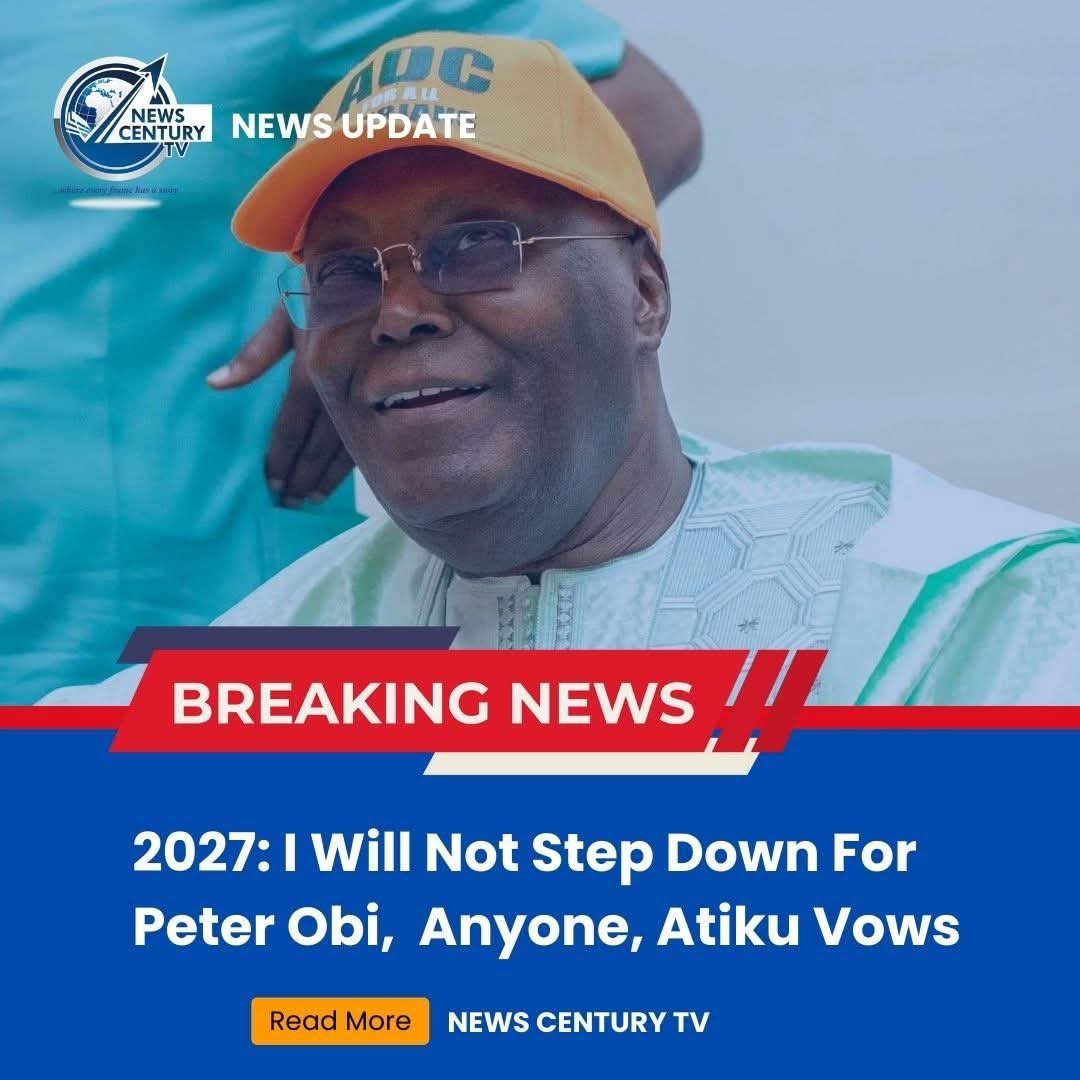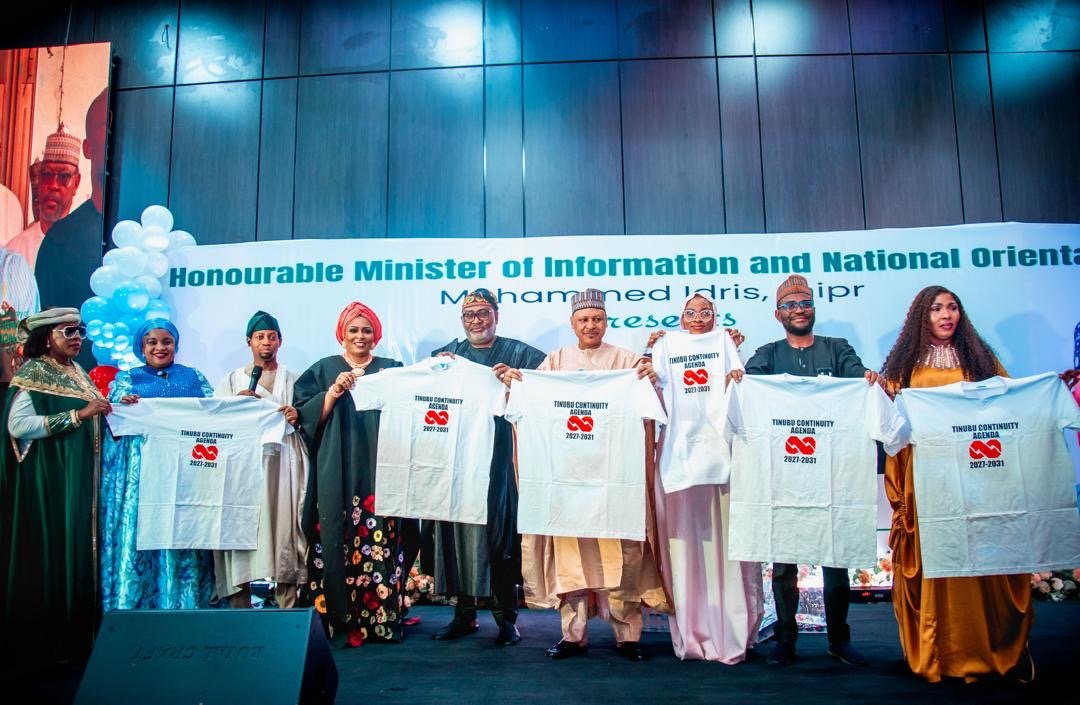
It is not every day a man without a ballot becomes the central subject of every political conversation, yet here we are. Nyesom Wike, is once again being cast as either the villain or the visionary, depending on who is doing the telling. Perhaps the real tension isn’t about what he does, but about how much he knows, and how well he plays.
In a country where many still mistake title for power and access for influence, Wike has become the symbol of what happens when one man learns to play the political game better than the party that raised him.
Dele Momodu’s “two presidents” comment wasn’t really an insult but a reluctant confession. When one man’s steps shake the entire structure, the system calls it a threat, but what they truly fear is someone they can’t control.
They say he’s overreaching, meddling, playing too big, but these are the same people who once relied on his strength to hold their house together.
Wike wasn’t just in PDP, he was PDP’s engine room. He knows the buttons, the secrets, and the wiring. Now that he’s in another camp, the fear isn’t just that he left. It’s what he left with: sharp memory, serious leverage, and the boldness to use both.
So, all this media heat, open attacks, and desperation to paint him terrible… is it really about patriotism or just fear of the unknown?
Because when influence threatens hierarchy, it’s always branded “dangerous.”
Wike didn’t fall into relevance. He climbed through a system that tries to eats its own and didn’t survive it by waiting for permission. He moved smart, built strong alliances, stayed loud when needed, and silent when it necessary.
He is not hijacking governance, he is simply too present to be ignored. That presence is uncomfortable, especially for those who thought they owned the game.
Even that phrase… “two presidents” is not disrespect at Wike, but an indirect warning to others. When one man’s voice rings louder than a whole party, the question is not whether he talks too much. It’s: why is everyone else shaking?
Maybe, the fear is not that Wike is too powerful, but that he has made power look too simple. He’s shown it’s possible to shape the centre without sitting on the throne.
His presence in Abuja is forcing everyone to rethink what influence, access, and control really mean.
Real influence is not noise; it is effect, and Wike’s effect is clear, even to those who hates his method. You don’t have to agree with him to admit that both allies and enemies now measure political consequence with his name in the equation.
They say he plays for his own interest, that he aligns where it suits him, and chooses strategy over sentiment. But tell me… isn’t that what politics is? Since when did politics become about weakness and losing gracefully?
If he’s playing smarter than the rest, maybe the question isn’t “Why Wike?” Maybe it’s “Why not more like Wike?”
After all, power isn’t what corrupts but the absence of structure around it. Say what you will about Nyesom Wike, but he does not operate in confusion. He may be unpredictable, and inconvenient, yes, but he is never unsure.
Wike is not the problem but the new standard of the old order. Young people may not say it out loud, but they’re observing that in this system, effectiveness is its own kind of rebellion, and relevance is not given. It is earned… loudly.
Nigeria doesn’t have two presidents. She has one president… and one man who understands the game so well, he’s making the rest nervous by dragging their blokos without even trying to sit on the throne.
When your name makes both sides talk; your critics, your old party, even your enemies, then maybe you’re not trying to be president. You’re just reminding them what power looks like when someone stops waiting for permission to matter.
And maybe that’s what really unsettles them… the fear that more like Wike are coming.
I am ILUO DePOET!
Just being neutral with my pen.




